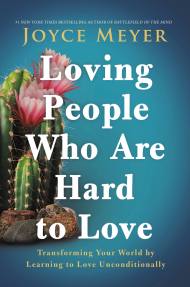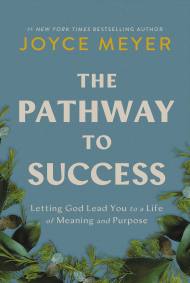Promotion
Use code MOM24 for 20% off site wide + free shipping over $45
The College Girl's Survival Guide
52 Honest, Faith-Filled Answers to Your Biggest Concerns
Contributors
Formats and Prices
Price
$18.99Price
$24.99 CADFormat
Format:
- Trade Paperback $18.99 $24.99 CAD
- ebook $9.99 $11.99 CAD
- Audiobook Download (Unabridged)
This item is a preorder. Your payment method will be charged immediately, and the product is expected to ship on or around April 3, 2018. This date is subject to change due to shipping delays beyond our control.
Also available from:
Each year millions of young women enter the college scene and are surprised to find their glittering preconceptions shattered. College isn’t exactly what they had imagined — it’s a lot tougher. Social challenges, a demanding schedule, pressure to succeed, shifting family dynamics: how do girls tackle these issues, learn to thrive, and really enjoy this new phase of life?
The Girl’s Survival Guide is packed with experienced-based advice that can help. Written by a mentor with ten years of experience helping college girls succeed, it’s like having a big sister along for the journey. With proven tips, scripture, and inspiring illustrations, this book will coach, comfort, and inspire young women so that they can make the most of the college experience.
Thousands of young women have asked Hanna Seymour what to do about roommate drama, boyfriend trouble, choosing a major, balancing family and school life, and so much more. She’s poured her best insights into this book — answering the top 52 questions she has received — so that readers everywhere will be armed with the knowledge and inspiration to make college the most epic, enriching time it can be.
Genre:
-
I've got two daughters, and I've been blessed that both of them came through college life with a stronger faith than when they started. Hanna Seymour's goal is to make that story the rule rather than the exception for every college girl. Her passion and experience make The College Girl's Survival Guide a must-read for the young lady in your life.Dave Ramsey, bestselling author and nationally syndicated radio show host
-
The College Girl's Survival Guide contains anything and everything a girl needs to know before she starts college. Hanna has the authority to teach this extremely important information to the next generation, and does it in an incredibly relatable way!Rachel Cruze, New York Times bestselling author
-
If I had had The College Girl's Survival Guide while I was in college, it would have had a permanent place on my nightstand. I've been reading Hanna's writing for a while now. Every time I read something she's written, I walk away feeling like I just sat down with a friend who sees me and understands me. This book is no exception. There is a friendliness and a wisdom to Hanna's voice that we all, college student or not, can benefit from.Andrea Lucado, author of English Lessons: The Crooked Path of Growing Toward Faith
-
Hanna's well-grounded faith gives her advice the credibility parents can depend on. This is a book every college-bound girl should have in her backpack! I highly recommend parents buy this book for their daughters, nieces, and other young women about to embark upon university life. It's that valuable. I promise you can trust your daughter to Hanna.Barbara Rainey, creator of EverThineHome, author of Letters To My Daughters and The Art of Being a Wife
-
Hanna's voice to the college woman is that of a big sister and mentor with great wisdom and guidance. Her confidence and reassurance that you're not crazy, you're not alone, and it will all be okay is just what every woman needs. A must-read for every college-age woman before her first day on campus, and an incredible resource to refer back to.Meredith W. Boggs, Nashville-based blogger and writer
- On Sale
- Apr 3, 2018
- Page Count
- 272 pages
- Publisher
- FaithWords
- ISBN-13
- 9781478993575
Newsletter Signup
By clicking ‘Sign Up,’ I acknowledge that I have read and agree to Hachette Book Group’s Privacy Policy and Terms of Use







